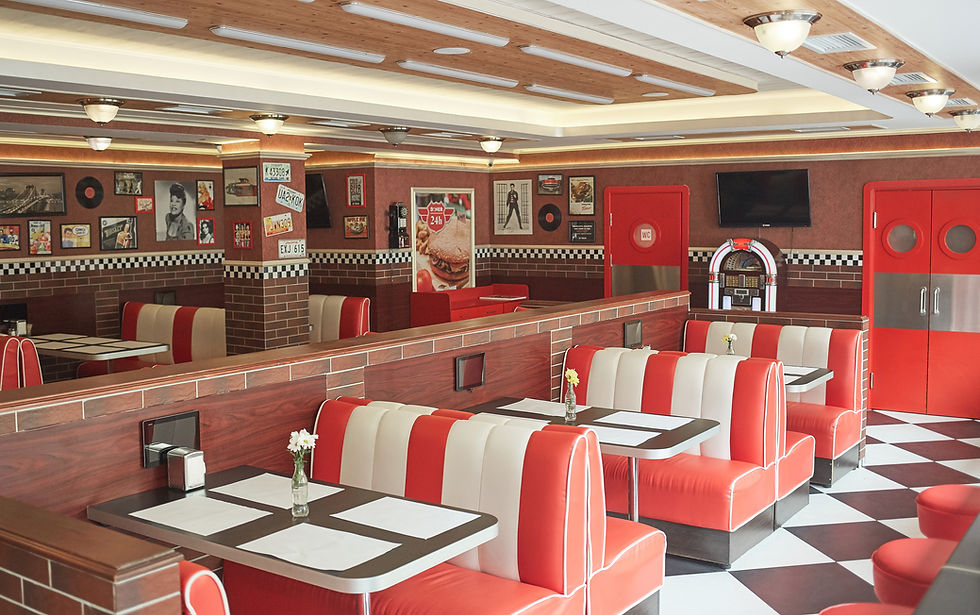
This time our topic will cover the depreciation of assets which directly affects a company's profit and loss.
Why do we need to talk about this topic? It is because we found that many SMEs' owners have neglected it. From our point of view as accountants, they are like living in a dream.
Before understanding asset depreciation, we must first understand what an asset is. Here we simply compare it to a tool for making money in a business. Without it, the company's business cannot be promoted. Logically speaking, most assets will gradually depreciate over time (example: today's smart phones are changing with each passing day, and naturally lose their value over time). Therefore, in accounting, asset depreciation can be simply understood as the wear and tear of a mobile phone.
And different types of assets have different wear and tear periods (or usable periods), you may ask, how is it judged? A customer once said that a car owned by his company (for transportation) is estimated to have a useful life of 8-10 years; similarly, taking a car as an example, the annual depreciation period marked by Inland Revenue Department is about 3 years. In comparison, there is a big difference between the two. Of course, we as accountants can't comment on how long a certain car's lifespan is. We can only say that in general, it is based on the service life of similar assets on the market (Benchmark).
In a different example, there is a client from the catering industry. As we all know, the owner needs to invest a large amount of money at the beginning for renovation. The renovation is also defined as the company's asset in accounting (because there is no doubt the renovation is important for making money for a catering business). In general, the leases signed by restaurants are also for a period of about 3-4 years. Here, the depreciation period for these renovations should also be set at 3-4 years. The reason for this statement is that, in reality, if that unit is no longer leased, the renovations will also lose its value (It is not difficult to understand through simple and rational thinking that, renovations cannot be set aside for continued usage elsewhere or sold).
So how does asset depreciation affect the company's profit and loss? You must first understand that asset depreciation is a company expense. Once again, asset depreciation is a company expense. To reiterate this point, a company's income statement (or "P/L") is completely useless without taking this expense into account.
So owners, think about it for a moment, if you don't take the loss of raw materials into account when you look at the company's financial statement, how do you know the cost of maintaining your company's operation?
